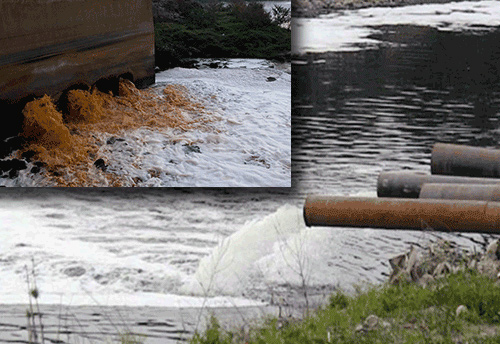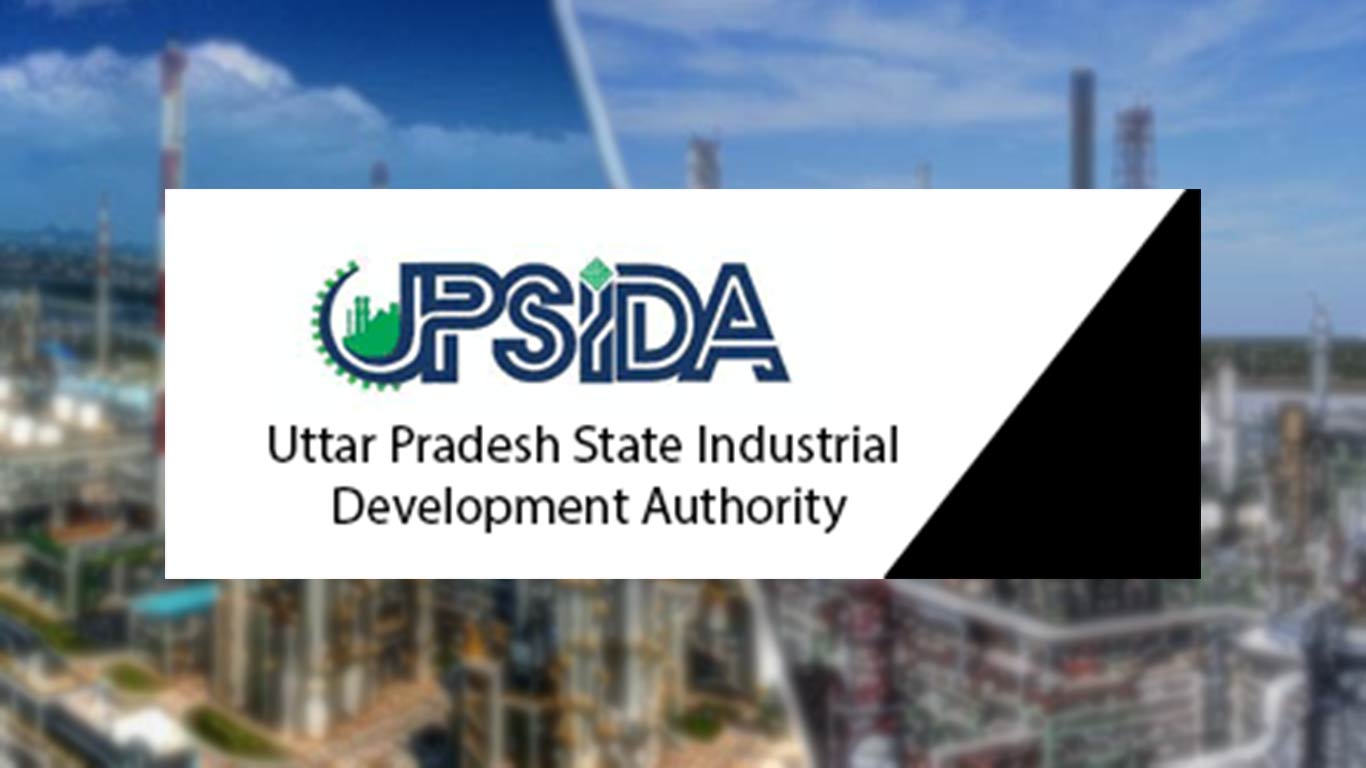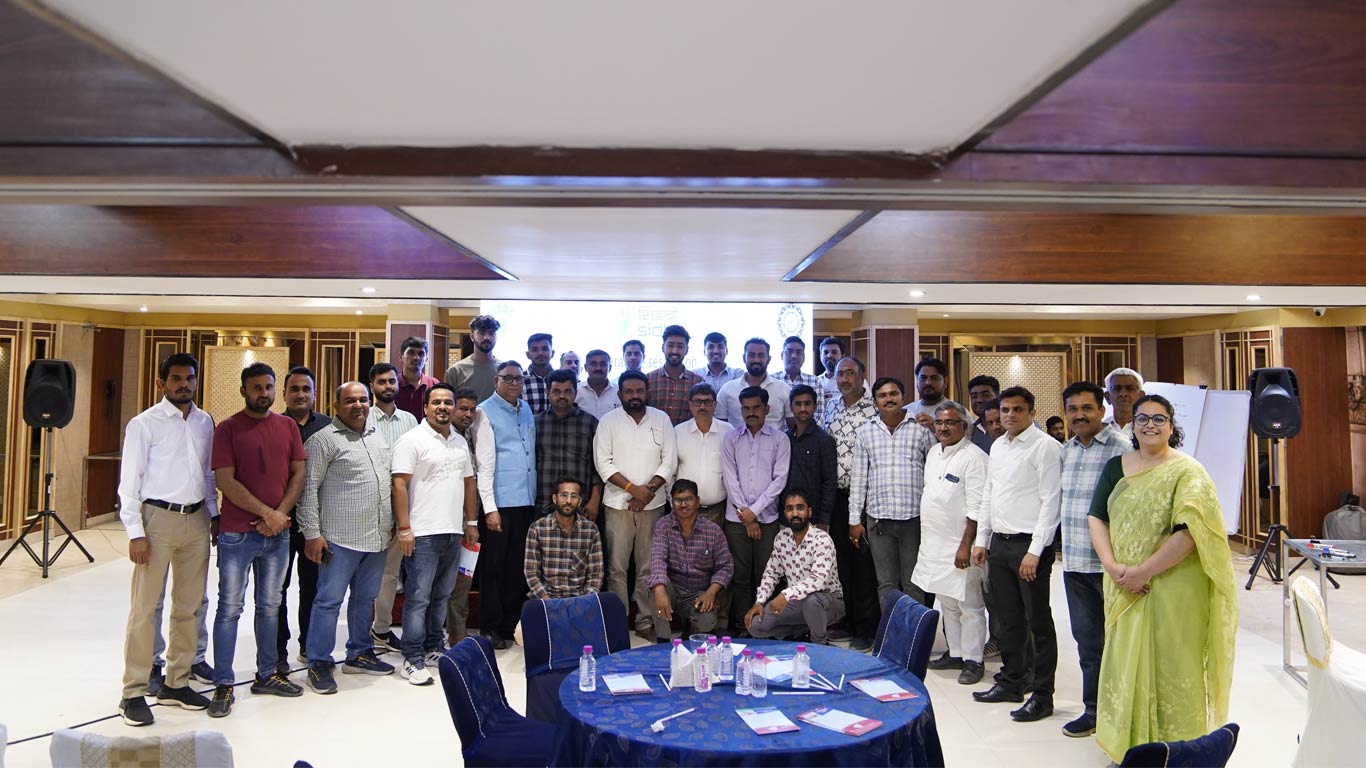NGT orders pollution generating industries of Western UP to pay medical bills of victims suffering from health issues
Updated: Aug 17, 2018 10:50:37am

NGT orders pollution generating industries of Western UP to pay medical bills of victims suffering from health issues
New Delhi, Aug 17 (KNN) Industries responsible for polluting stretches along rivers Kali, Krishna and Hindon in western Uttar Pradesh will now have to pay the medical bills of the victims’ sufferings from health issues.
The order was passed by National Green Tribunal bench headed by Chief Justice on a plea filed by the Doaba Paryavaran Samiti, who alleged they were forced to consume highly polluted water from the rivers due to the hazardous waste dumped by illegally-run industries.
NGT bench ruled “We are of the opinion that those who have been victims of the diseases on account of polluted water cannot be ignored and must be given a treatment at the cost of polluters. Apart from monetary compensation in suitable cases, the state may consider giving employment to a dependent of such victims.”
Highlighting the urgency of the situation, the bench comprising other members directed the state of Uttar Pradesh to first treat the victims and later recover the money from the polluters.
As a part of action plan, recovery of amount from the polluters can be ongoing separate exercise and separate pool of funds can be created for treatment of victims from the amount recovered.
The bench directed the state to initiate the steps required reversing the situation caused by severe pollution of water of rivers Kali, Hindon and Krishna, and rivulets and drains meeting the said rivers.
It also asked the state to initiate “steps required for punishing those responsible for causing pollution by closing units, initiating prosecution and recovering the cost of damage to the environment”, as well as “steps for rehabilitating the victims of pollution”.
Issuing a stern warning for all states, the bench said it was “high time” states kept “strict vigilance” on the failure of their pollution control boards, and to determine whether such failure was on account of incompetence or dishonesty.
“Such responsibility must be overseen by the chief secretaries of all the states. They must be held accountable for the failure of the system wherever the pollution control boards are found careless or wanting in performing their duties,” the bench said.
During the course of the hearing, Dr A.B. Akolkar, former member secretary of the Central Pollution Control Board informed the bench that there are 302 polluted river stretches in the country where similar problems are being faced by the residents.
To this, the bench said, a “similar action plan based on the monitoring protocol with respect to the river Hindon be prepared for each of the said 302 polluted stretches”, starting with the identification of the “10 most critically polluted stretches across the country”.











